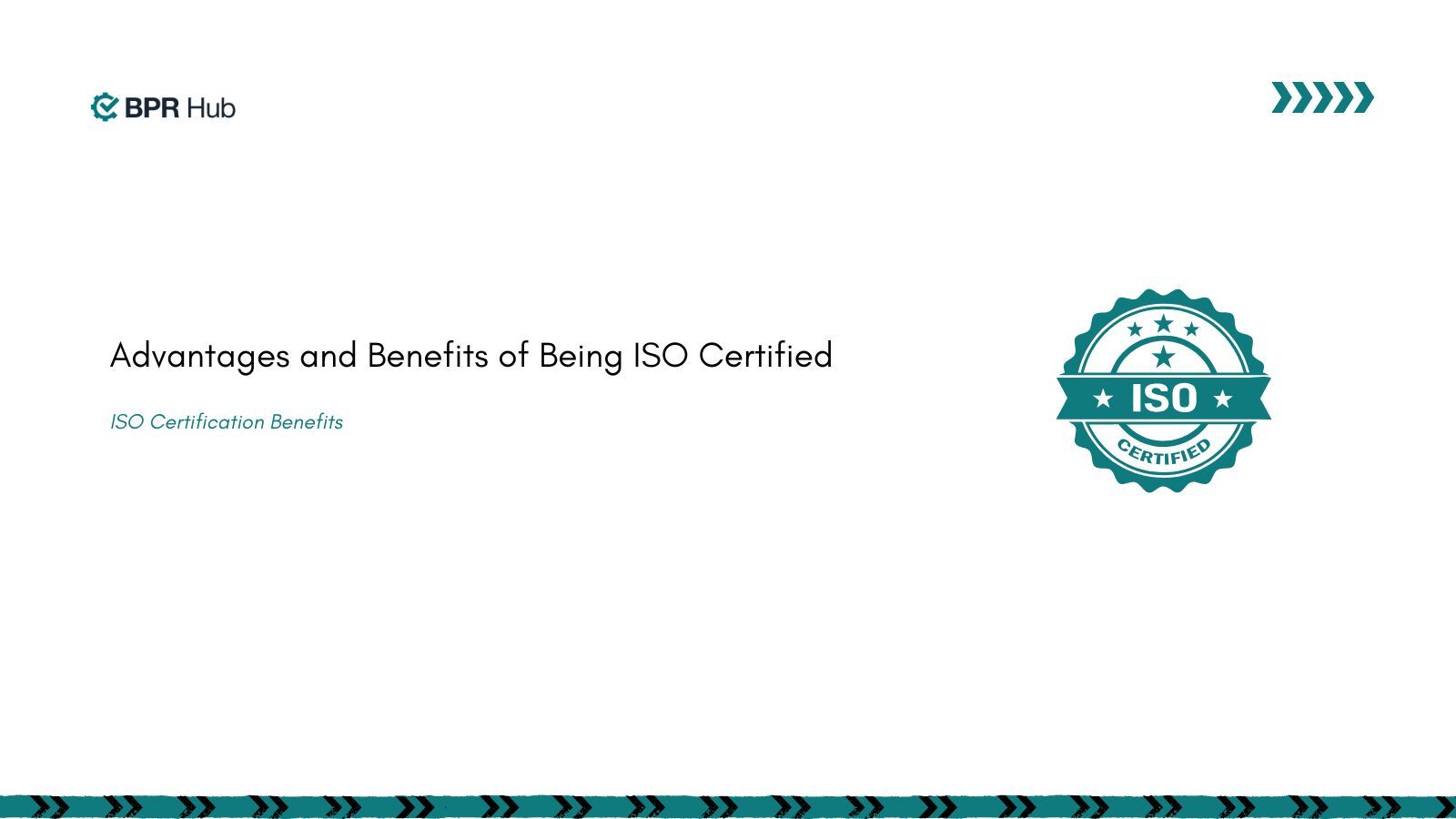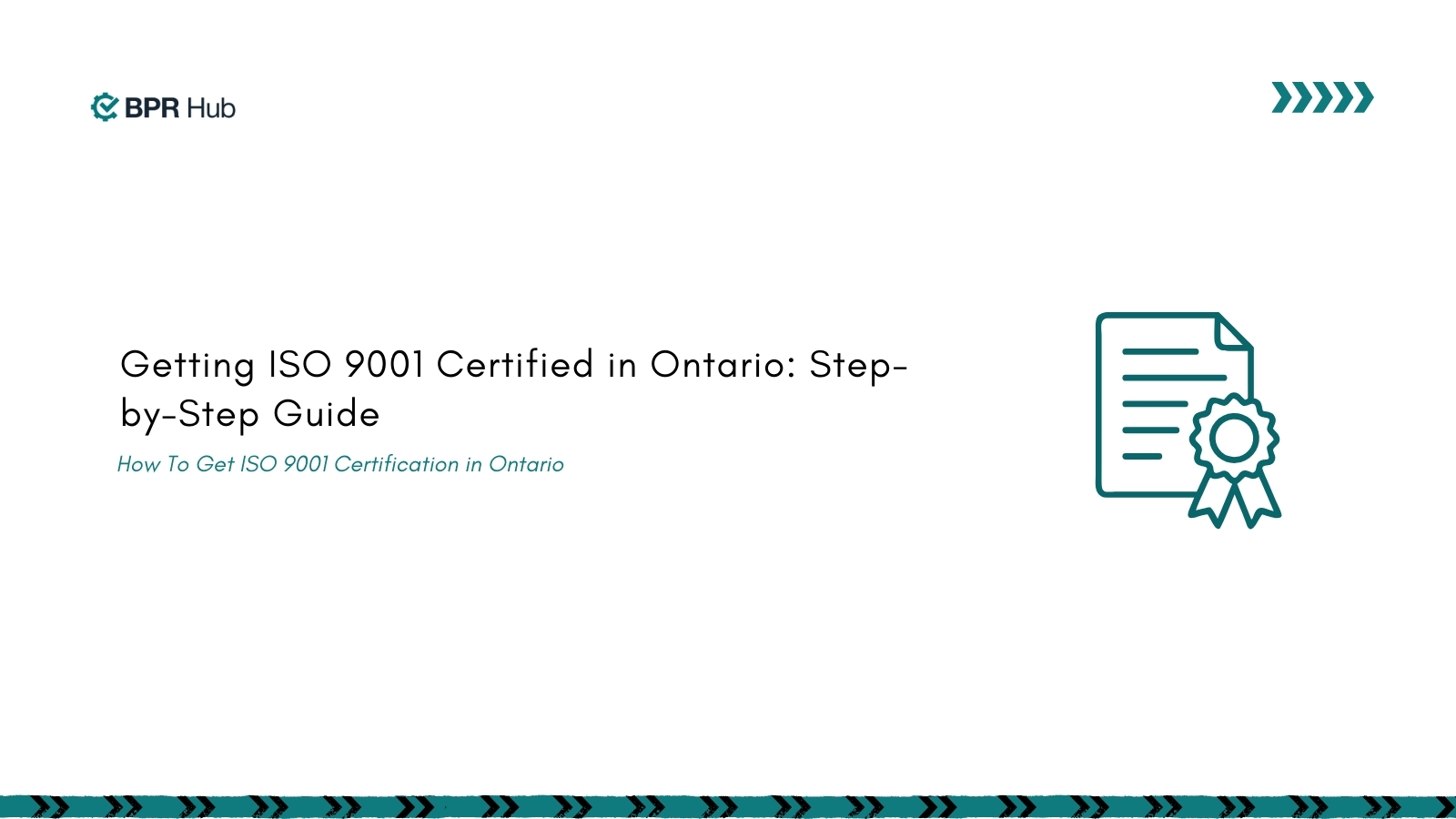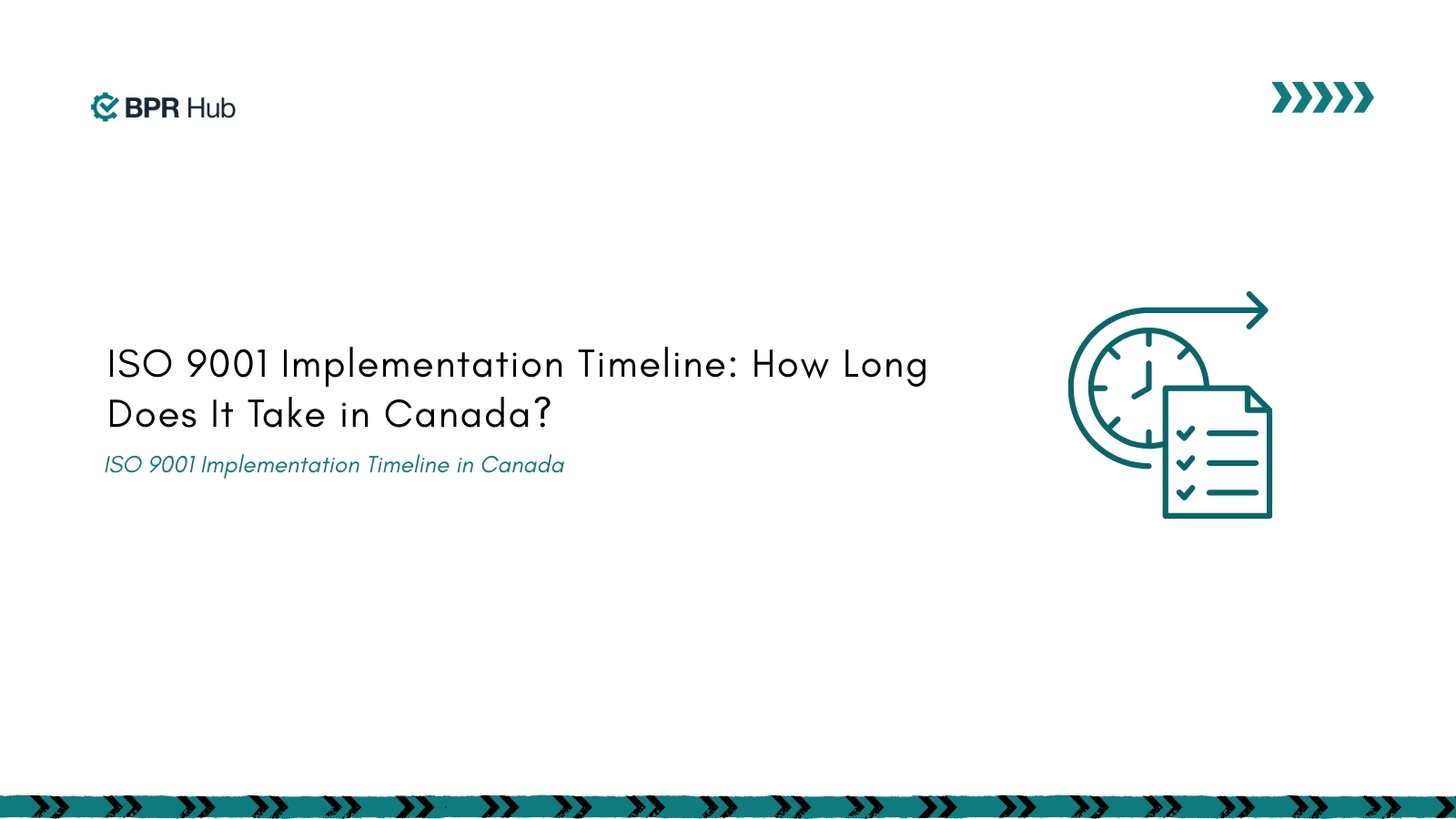Manufacturing organizations struggle with demonstrating quality capabilities to customers while managing operational costs effectively. According to ISO Survey 2022, companies implementing ISO certification report an average 15% reduction in operational costs and 23% improvement in customer satisfaction within the first year. The benefits of ISO certification extend far beyond compliance, transforming quality management into a competitive advantage that drives sustainable growth.
Understanding the advantages of ISO certification helps manufacturers make informed decisions about implementing quality management systems that deliver measurable business value while strengthening market position.
Core Business Benefits of ISO Standards Implementation
Businesses benefit from ISO standards implementation, creating measurable value across all organizational functions. These improvements strengthen operational performance while building customer confidence that translates into increased revenue and market share.
The structured approach of ISO compliance eliminates waste, reduces errors, and creates systematic processes that scale efficiently as organizations grow. This foundation supports sustainable business development while maintaining consistent quality delivery.
Enhanced Quality Management Through ISO Systems
Quality management transformation through ISO standards creates systematic approaches to ensuring consistent product and service delivery. Organizations implementing comprehensive quality systems report significant improvements in process control and customer satisfaction.
Standardized processes eliminate variability that traditionally leads to quality issues and customer complaints. Clear procedures ensure that all personnel understand their roles in maintaining quality while providing mechanisms for continuous improvement.
The systematic approach enables organizations to identify quality issues before they reach customers, reducing warranty claims and product recalls that damage brand reputation and profitability.
Improved Quality Assurance Protocols
Quality assurance protocols established through ISO certification provide systematic methods for preventing quality issues rather than detecting them after occurrence. This proactive approach reduces costs while improving customer satisfaction.
Regular monitoring and evaluation procedures ensure that quality systems remain effective over time while adapting to changing business requirements. Preventive quality measures eliminate the need for costly corrective actions and rework.
The systematic documentation required by ISO quality certification creates knowledge repositories that support consistent quality delivery even when personnel changes occur.
Financial Advantages of ISO Certification for Organizations
ISO certification advantages deliver measurable financial returns through improved operational efficiency and enhanced market access. Organizations typically recover implementation costs within 12-18 months while building sustainable competitive advantages.
The financial benefits extend beyond immediate cost savings to include revenue growth opportunities and risk mitigation that protects long-term profitability.
Cost Reduction Through Quality Improvement Strategies
Quality improvement initiatives driven by ISO compliance eliminate waste and reduce operational costs across all business functions. According to ASQ Quality Progress, manufacturers implementing quality management systems achieve average cost reductions of 10-20% within two years.
Waste reduction occurs through improved process control, reduced rework, and elimination of non-value-added activities. Resource optimization ensures that materials, equipment, and personnel are utilized efficiently to maximize productivity.
Lower operational costs result from reduced customer complaints, fewer product returns, and decreased warranty claims that traditionally consume significant resources.
Revenue Growth from ISO Compliance Standards
ISO compliance opens access to new markets and customers that require suppliers to demonstrate systematic quality management. Government contracts and large corporate customers increasingly mandate ISO certification as a prerequisite for vendor consideration.
Premium pricing opportunities emerge when organizations can demonstrate superior quality capabilities through third-party validation. Customers willingly pay higher prices for products and services from ISO certified suppliers due to reduced quality risks.
Access to government contracts provides stable revenue streams while diversifying customer bases that reduce business risk and support sustainable growth.
📍 Book a Demo
📧 hello@bprhub.com
Operational Benefits of ISO 9001 Certification Systems
Benefits of ISO 9001 certification transform operational efficiency through systematic process improvement and standardization. Organizations implementing ISO 9001 report improved productivity, reduced errors, and enhanced employee satisfaction.
The structured approach creates clear accountability while providing tools for measuring and improving performance across all organizational functions.
Streamlined Quality Management System Operations
Quality management system standardization eliminates confusion and inefficiency that traditionally plague manufacturing operations. Process documentation ensures that all personnel understand their responsibilities while providing clear guidance for task execution.
Clear roles and responsibilities prevent duplication of effort while ensuring that all critical activities receive appropriate attention. Efficient workflow management reduces cycle times while improving resource utilization.
The systematic approach enables organizations to identify bottlenecks and inefficiencies that limit productivity, providing data-driven insights for process optimization.
Documentation and Process Control Benefits
ISO quality management system documentation creates comprehensive process maps that support consistent execution and continuous improvement. Version control ensures that personnel always access current procedures while maintaining historical records for audit purposes.
Comprehensive process mapping identifies redundancies and gaps that traditionally compromise efficiency and quality. Document management systems ensure that updates are communicated effectively, while training records demonstrate personnel competency.
Audit trail maintenance provides evidence of systematic implementation while supporting regulatory compliance and customer audits that validate quality capabilities.
Employee Performance and Training Advantages
The benefits of ISO 9001 extend to employee development through structured training programs and clear performance metrics. Personnel understand their roles in achieving quality objectives while receiving systematic development opportunities.
Structured training programs ensure that all personnel possess the necessary competencies while providing pathways for skills development and career advancement. Clear performance metrics enable objective evaluation while identifying areas for improvement.
Skills development pathways create employee engagement while building organizational capabilities that support long-term competitiveness and growth.
Market Credibility Through ISO Quality Certification
ISO quality certification provides third-party validation of quality capabilities that customers trust when making purchasing decisions. This credibility differentiates organizations from competitors while building customer confidence.
Market recognition enhances brand reputation while providing competitive advantages that translate into increased market share and profitability.
Customer Trust and Satisfaction Enhancement
Quality certification demonstrates organizational commitment to meeting customer expectations while providing systematic approaches to measuring and improving satisfaction. According to the British Assessment Bureau, companies with ISO certification experience 32% higher customer retention rates compared to non-certified competitors.
Third-party validation eliminates customer uncertainty about quality capabilities while providing confidence that products and services will meet specified requirements. Consistent service delivery builds customer loyalty while generating positive referrals.
Customer complaint reduction occurs through systematic problem prevention rather than reactive problem solving, improving satisfaction while reducing support costs.
Competitive Market Positioning with ISO Standards
ISO standards implementation creates competitive differentiation that customers recognize and value. Industry recognition establishes organizational credibility while building a professional reputation that attracts new customers.
Differentiation from competitors occurs through demonstrated commitment to quality excellence rather than unsubstantiated claims. Professional reputation building supports premium pricing while attracting high-value customers.
The systematic approach enables organizations to compete effectively in sophisticated markets where quality requirements are demanding and customer expectations are high.
Regulatory and Compliance Benefits of ISO Programs
ISO benefits include enhanced regulatory compliance and risk management that protect organizations from legal liability while demonstrating due diligence. Quality management certification provides frameworks for meeting regulatory requirements systematically.
The structured approach simplifies compliance management while providing evidence of systematic implementation that satisfies regulatory scrutiny.
Legal Compliance and Risk Management
Quality management certification frameworks address regulatory requirements while providing systematic approaches to risk assessment and mitigation. Legal protection occurs through documented procedures that demonstrate organizational commitment to compliance.
Risk assessment and mitigation procedures identify potential issues before they create legal liability while implementing preventive measures that protect organizational interests. Regulatory requirement fulfillment occurs through systematic processes rather than ad hoc approaches.
Legal protection and liability reduction result from demonstrated due diligence and systematic compliance management that courts recognize as evidence of responsible organizational behavior.
International Trade and Export Opportunities
ISO quality standards provide global recognition that facilitates international trade and export opportunities. Many countries require ISO certification for imported products, while customers prefer suppliers with internationally recognized quality credentials.
Global market access expands revenue opportunities while diversifying customer bases that reduce business risk. International standard recognition eliminates barriers to trade while simplifying export documentation.
Export certification requirements are simplified when organizations maintain an ISO certification that demonstrates systematic quality management and regulatory compliance.

Specialized ISO Certification Advantages by Industry
ISO certification provides industry-specific advantages that address unique requirements and regulatory environments. Different industries benefit from specialized ISO standards that address specific operational challenges and compliance requirements.
The flexible framework adapts to various industry requirements while maintaining core quality management principles that ensure consistent effectiveness.
Environmental Management Benefits
ISO environmental certification demonstrates organizational commitment to sustainability while providing systematic approaches to environmental impact reduction. Organizations implementing environmental management systems typically achieve measurable waste reductions and operational efficiencies through systematic process improvements.
Sustainability practices implementation creates operational efficiencies while reducing environmental costs and regulatory compliance burden. Environmental impact reduction supports corporate social responsibility while attracting environmentally conscious customers.
Green business reputation enhances brand value while providing competitive advantages in markets where environmental responsibility influences purchasing decisions.
Workplace Safety and Health Improvements
ISO safety certification creates systematic approaches to accident prevention while ensuring regulatory compliance and employee protection. Health and safety compliance reduces insurance costs while protecting organizations from legal liability.
Accident prevention measures reduce workers' compensation costs while improving productivity through reduced absenteeism and turnover. Employee safety protocols create safer work environments while demonstrating organizational commitment to personnel welfare.
Health and safety compliance protects organizations from regulatory penalties while building employee confidence and engagement that supports productivity and retention.
Long-term Organizational Benefits of Quality Management Systems
The benefits of quality management system implementation extend beyond immediate operational improvements to create sustainable competitive advantages. The systematic approach builds organizational capabilities that support long-term success and growth.
Continuous improvement culture develops organizational resilience while adapting to changing market conditions and customer requirements.
Continuous Improvement Culture Development
Quality improvement certification creates organizational cultures focused on systematic enhancement rather than reactive problem-solving. Regular performance reviews identify improvement opportunities while process optimization cycles ensure ongoing effectiveness.
Process optimization cycles create systematic approaches to enhancing efficiency, while innovation and adaptation enable organizations to respond effectively to changing market conditions.
The culture of continuous improvement builds organizational learning capabilities while creating competitive advantages that are difficult for competitors to replicate.
Stakeholder Confidence and Investment Appeal
Quality management systems demonstrate organizational competency and systematic management that attracts investors and stakeholders. Business sustainability demonstration provides confidence in long-term viability while building stakeholder trust.
Investor confidence building occurs through demonstrated operational excellence and systematic risk management that protects investment value. Stakeholder trust enhancement creates support for organizational initiatives while facilitating resource acquisition.
Business sustainability demonstration provides evidence of systematic management that supports long-term success and growth.
Implementation Benefits and ROI of ISO Management Systems
ISO management systems deliver measurable returns on investment through improved efficiency, reduced costs, and enhanced market access. Organizations typically achieve positive ROI within 18-24 months while building sustainable competitive advantages.
The systematic approach enables measurement and tracking of benefits while providing data for continuous optimization of quality management systems.
Measurable Performance Improvements
Environmental management system certification and other ISO standards enable systematic tracking of key performance indicators that demonstrate improvement and guide decision-making. Benchmarking and comparison provide insights into competitive position while identifying areas for enhancement.
Key performance indicator tracking provides objective measures of improvement, while performance data analysis identifies trends and opportunities for optimization. Benchmarking enables organizations to compare performance against industry standards and best practices.
Performance measurement systems support data-driven decision making while providing evidence of systematic improvement that stakeholders value and recognize.
Organizational Efficiency and Productivity Gains
ISO sustainability initiatives create efficiency improvements that reduce costs while improving productivity. Resource utilization optimization eliminates waste while time management improvements accelerate processes and reduce cycle times.
Productivity measurement systems enable systematic tracking of improvement while identifying areas where additional optimization can create value. Resource optimization reduces costs while improving environmental performance.
Time management improvements create capacity for growth while productivity gains provide competitive advantages that translate into market success and profitability.
How BPRHub Helps with ISO Certification Implementation
BPRHub transforms ISO certification from a complex compliance burden into a streamlined competitive advantage through comprehensive quality management system implementation support. Our Unified Compliance Framework centralizes multiple ISO standards within integrated platforms that eliminate duplicate workflows while ensuring continuous audit readiness.
With specialized expertise in quality management certification, BPRHub provides end-to-end support from initial assessment through successful certification and ongoing maintenance. Our proven methodology reduces implementation time by 40% while ensuring first-time certification success across all major ISO standards.
BPRHub's integrated approach addresses ISO 9001 quality management systems, environmental management systems, and safety management systems simultaneously, creating comprehensive compliance strategies that maximize efficiency while minimizing administrative overhead. Our team of certified consultants brings decades of experience across manufacturing industries, ensuring implementations that deliver measurable business value.
The platform's intelligent automation captures compliance data in real-time, generates audit reports automatically, and provides predictive analytics that identify potential issues before they impact operations. This proactive approach strengthens compliance posture while freeing your team to focus on core business activities that drive growth and profitability.
📍 Book a Demo
📧 hello@bprhub.com
Key Takeaways
→ Benefits of ISO certification include 15% average cost reduction and 23% customer satisfaction improvement within the first year of implementation
→ ISO certification advantages provide access to new markets, government contracts, and premium pricing opportunities that drive revenue growth
→ Quality management system standardization eliminates waste, reduces errors, and creates scalable processes that support sustainable business development
→ ISO compliance delivers measurable ROI through improved operational efficiency, reduced regulatory risk, and enhanced market credibility
→ Quality certification builds customer trust and competitive differentiation that translates into increased market share and customer loyalty
→ BPRHub's integrated platform accelerates ISO certification implementation while reducing administrative overhead and ensuring continuous compliance
Frequently Asked Questions
What are the main benefits of ISO certification for manufacturing companies?
Benefits of ISO certification for manufacturers include improved operational efficiency, reduced costs, enhanced customer trust, and access to new markets. According to ISO Survey data, certified manufacturers experience average cost reductions of 15% and productivity improvements of 20% within two years. The systematic approach eliminates waste, standardizes processes, and creates quality assurance protocols that prevent defects and customer complaints while building competitive advantages.
How long does it take to see ROI from ISO certification implementation?
Most organizations achieve positive ROI from ISO certification within 12-18 months through immediate cost savings and operational improvements. The advantages of ISO certification include reduced waste, fewer errors, and improved customer satisfaction that translate into measurable financial benefits. Long-term benefits include access to new markets, premium pricing opportunities, and enhanced competitiveness that continue to generate value for years after initial implementation.
What specific operational improvements can companies expect from ISO standards?
Benefits of ISO certification to an organization include standardized processes, improved documentation control, enhanced employee training, and systematic quality management. Companies typically experience a 10-25% reduction in customer complaints, a 15-30% improvement in on-time delivery, and a 20-40% reduction in quality-related costs. The structured approach creates consistent operations while building continuous improvement capabilities that drive ongoing enhancement.
How does ISO certification help with customer trust and market credibility?
ISO quality certification provides third-party validation of quality capabilities that customers recognize and trust when making purchasing decisions. This credibility differentiates organizations from competitors while building confidence in product and service quality. Market research shows that 78% of customers prefer suppliers with ISO certification, leading to increased customer retention, positive referrals, and opportunities for premium pricing based on demonstrated quality excellence.
What makes BPRHub different from other ISO certification consultants?
BPRHub's Unified Compliance Framework integrates multiple ISO standards within comprehensive platforms that eliminate duplicate workflows while ensuring continuous audit readiness. Our approach reduces implementation time by 40% compared to traditional methods while delivering first-time certification success rates above 95%. The integrated technology platform combined with certified consultant expertise creates implementation experiences that deliver measurable business value rather than just compliance documentation, making BPRHub the preferred choice for manufacturers seeking efficient, effective ISO certification solutions.
Get insights that help you minimize risks and maximize profits.
Dive deeper into manufacturing compliance with our free resources.
We get it, compliance can get tough.
Here are some additional resources to help.
We get it, compliance can get tough. Here are some additional resources to help.
Get updates in your inbox

.svg)
%20(1).svg)





%20(1).svg)

.avif)

